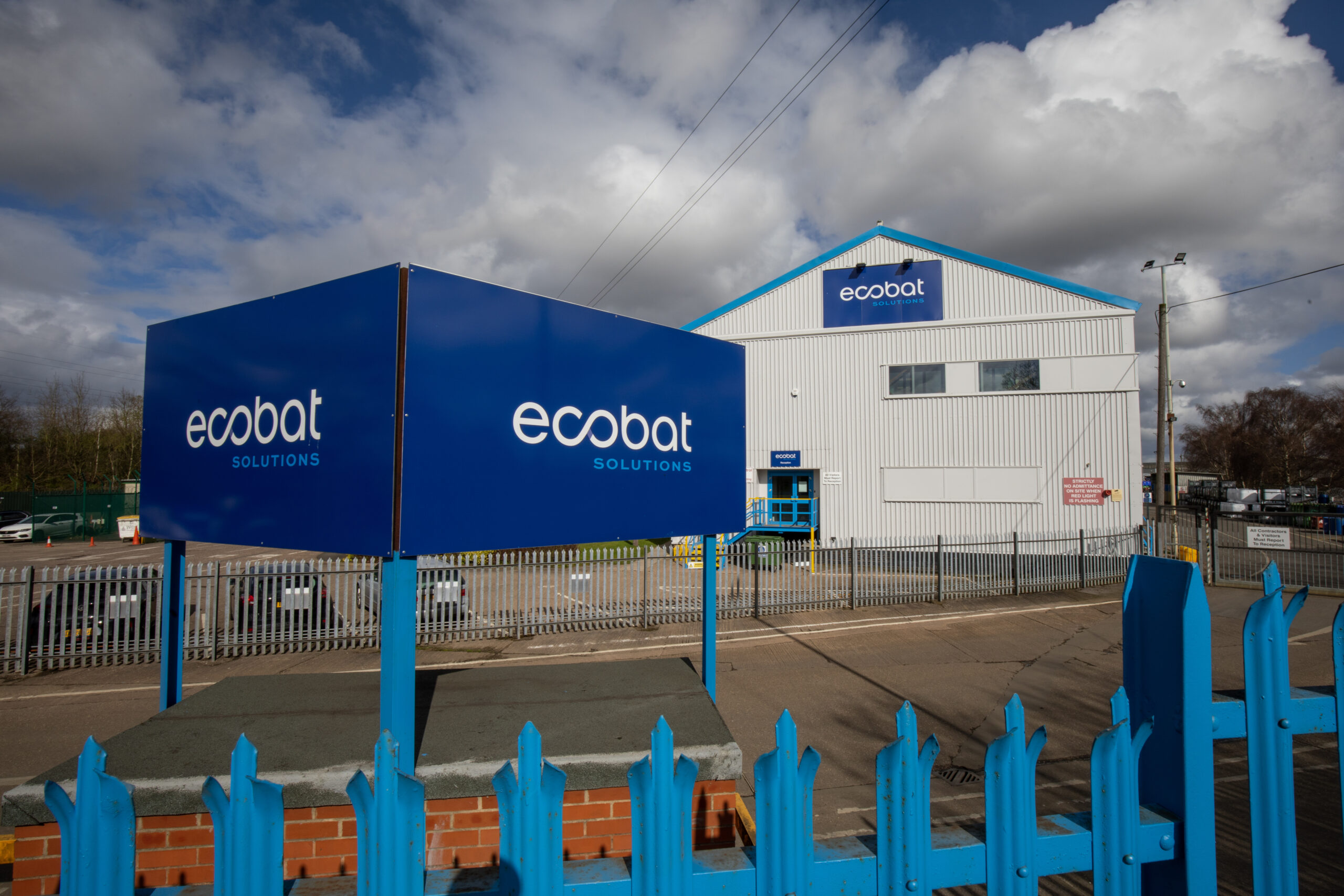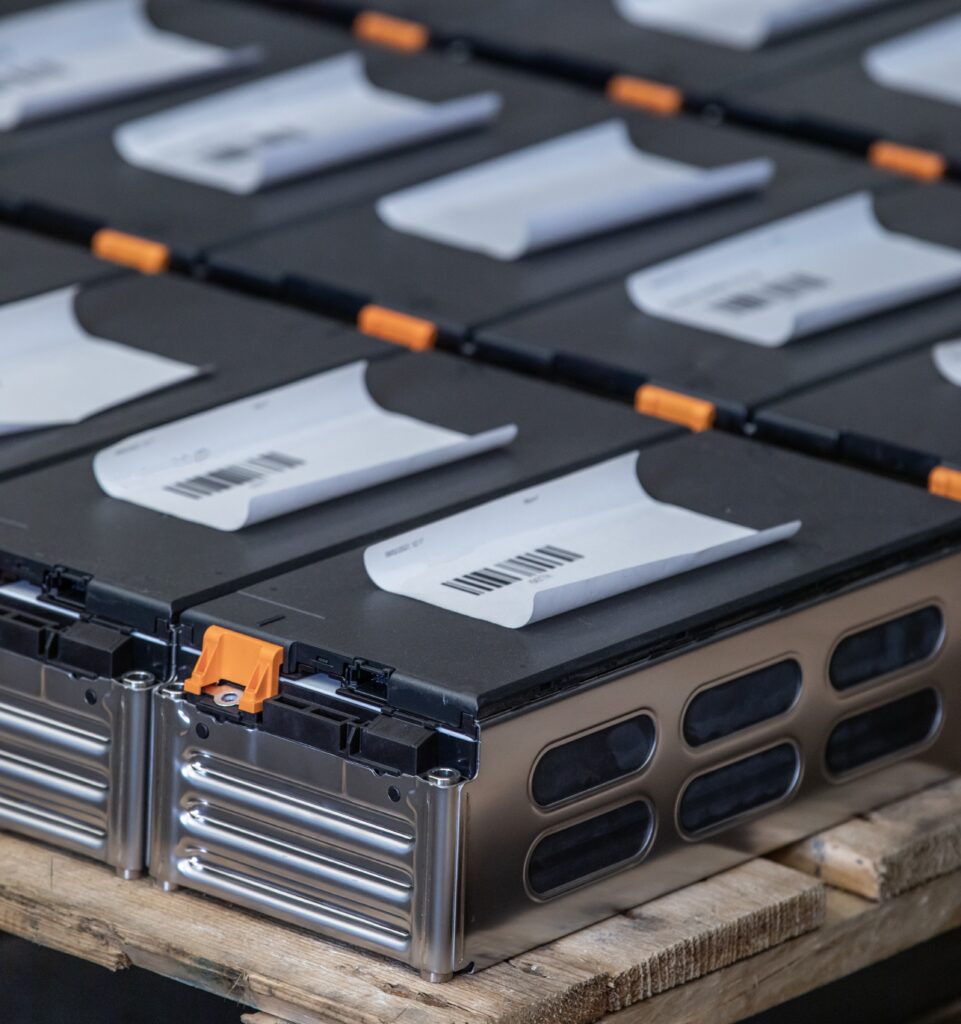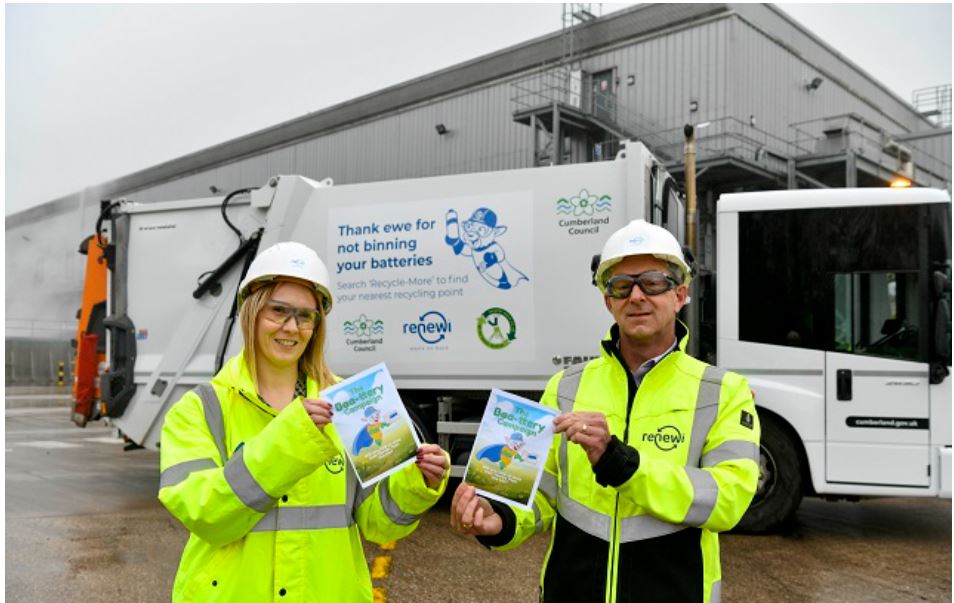The pair have been working together since 2017, with Ecobat processing batteries which Axil collects from some of its commercial customers.
Today’s expansion will see the deal between two companies now cover electric vehicle batteries. According to Axil, this will “bring used EV batteries up the waste hierarchy via diagnostics, repair, recertification and reuse, eventually extending the life of batteries and keeping them in service for longer”.
Axil provides “total waste management solutions” to a range of commercial customers, including the likes of BMW. Ecobat recently opened a EV battery recycling line near Darlaston, which the company says it has “invested significantly in”.
Sales
Axil’s head of sustainability and zero waste, Gina Rudkin said: “In the two years between 2019 and 2021, electric car sales increased from around 2.5% to 9% of global car sales with the trend expected to continue. Adopting circular business models offers business the opportunity to build greater supply resilience and cost control whilst also building brand loyalty amongst customers based around strong environmental and social ethics.
“Forward thinking now to identify where end of first life batteries or components can cycle back to the original owner or facilitate the development of secondary markets and uses is key to sustainability.”
Shredding

Electric vehicle batteries are traditionally sent for shredding after the first use but Axil and Ecobat aim to combat this by offering ways to extend the life of the battery via repair and reuse. Batteries will be considered for repurposing and used again in new, lower demand equipment before they are eventually recycled.
The partnership empathise the durability of batteries in early-generation electric vehicles has “surpassed initial expectations, delaying the emergence of current concerns surrounding the production of electric vehicle batteries.”
However, it also stresses it has been almost 15 years since the introduction of plug-in electric vehicles in the UK market and the impending issue of a substantial number of electric vehicle batteries “reaching their end of life or experiencing rapid degradation looms closer.” The International Energy Agency predicts a global fleet of over 300 million electric vehicles by 2030.
The partnership highlights that by creating a circular economy for batteries, it will help prevent waste, reduce energy consumption, and lower demand on finite raw materials such as lithium and cobalt, helping to build longer term resilience in the supply chain.










Subscribe for free